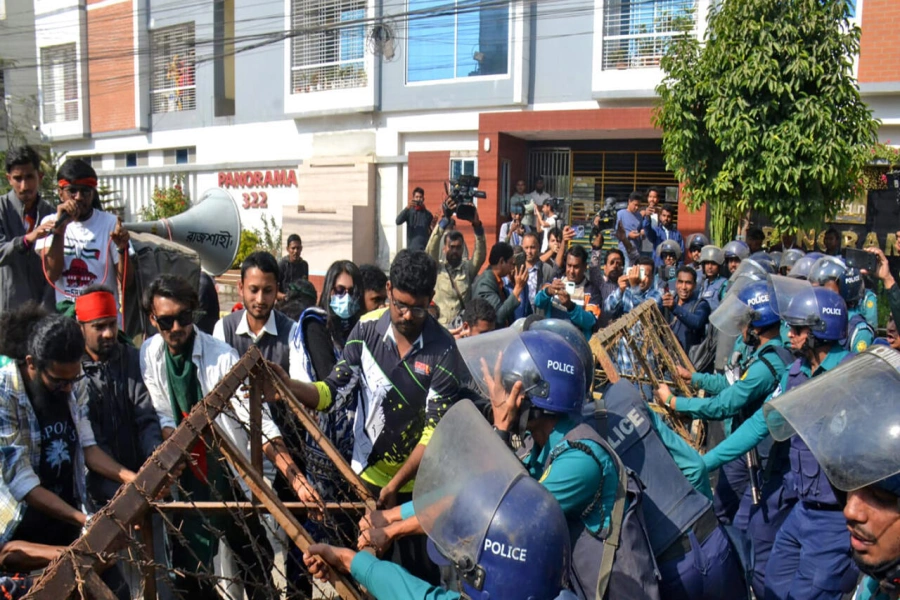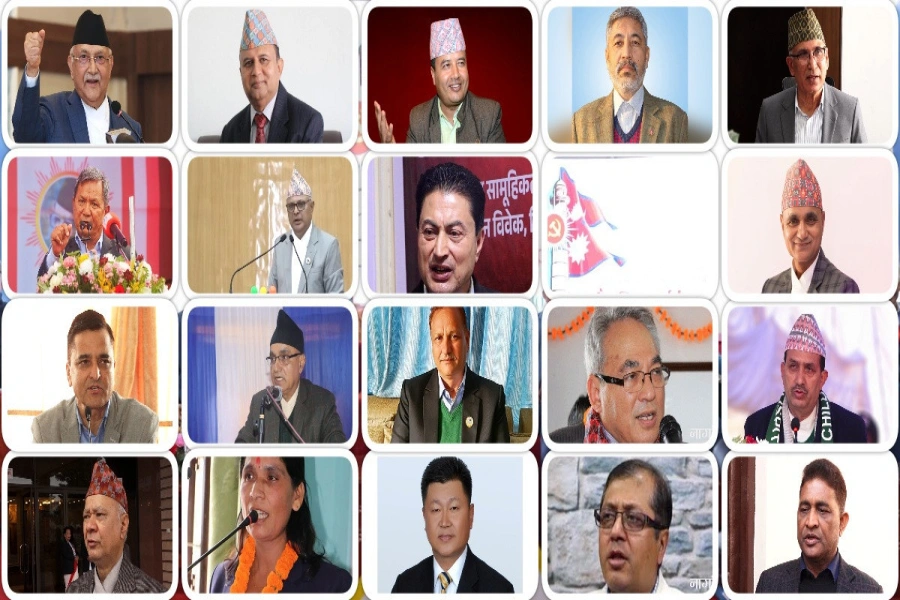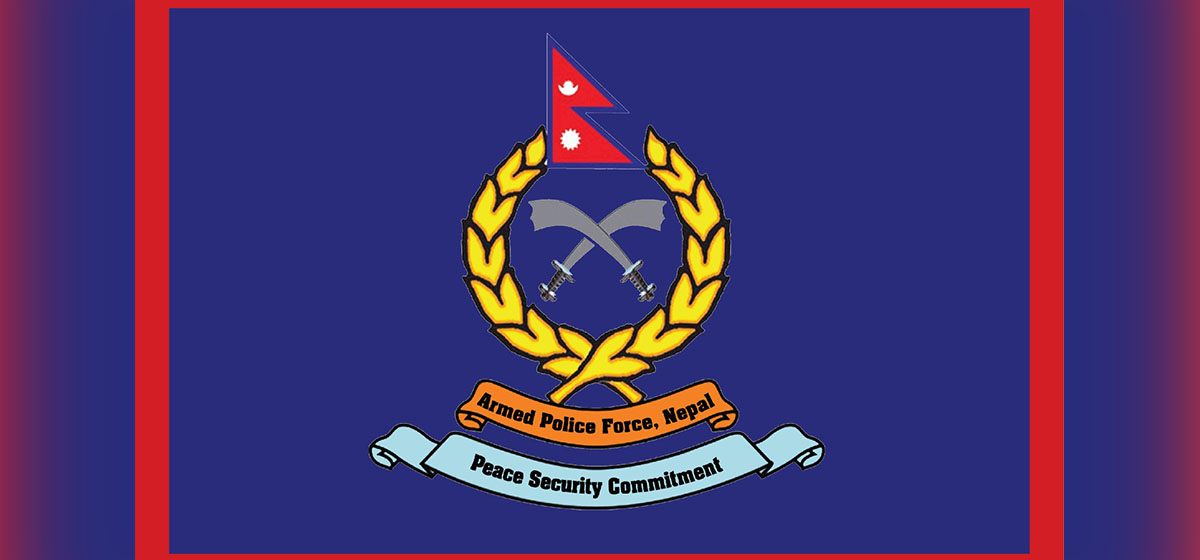It’s already two weeks since the new academic session began. The school enrolment campaign that started in the first week of Baisakh with the aim of bringing all out-of-school children to education system has concluded and classes have started. But like every year, the government has not been able to deliver the most basic item to conduct teaching learning activities in the country’s public schools: the books. As things stand, the government is yet to dispatch 5.5 million copies of school textbooks from Kathmandu to the districts. As a rule, the textbooks should be supplied to schools two weeks before the start of the new academic session, which means all text books should have been made available by April 1. But some districts are yet to receive complete sets of textbooks. This speaks of glaring apathy of the bureaucrats and politicians toward the public schools, which are already suffering from political meddling in appointment of teachers, lack of adequate infrastructure and also funding. That this problem should recur every year and in the beginning of academic session further illustrates how government bodies responsible for overseeing public education have never taken this vital issue seriously, for years.
Hamro Kitab: For the book-loving society

Officials of Ministry of Education, Science and Technology (MoEST) have pointed to local governments not providing funds to the schools as the cause of delay in supplying text books. The schools purchase textbooks after local bodies provide funds to them, argue officials, and local bodies and school authorities have not taken the issue seriously. If that is the case, local bodies must be held to account for this negligence. The local bodies, when they were elected two years ago, were hoped to work for improving education in public schools and they are constitutionally mandated to do this job. Why were they sitting idle? Why did the authorities in Kathmandu fail to print the required number of books for the new session on time? If budget is an issue, why was not it sorted out earlier on? Why did the authorities fail to make the private publishers entrusted with the job to work swiftly? All these questions have an answer in one sentence: Because they do not care much about the public schools where vast majority of the country’s poor and low-income children go to receive education.
The fact remains that all the governments since 2008 have failed to deliver school textbooks to the students or schools on time. It is obvious that in lack of school textbooks, teaching and learning suffers. It is also obvious that the government is solely responsible for supplying textbooks to students of public schools. To ignore this vital need is a serious neglect toward the poor and the needy. When the government fails in even the most basic job of providing reading materials to millions of children, what else could possibly be expected from it? The earlier the government authorities feel urgency of the matter, the better it will be for the students and government’s own public image as well.




































